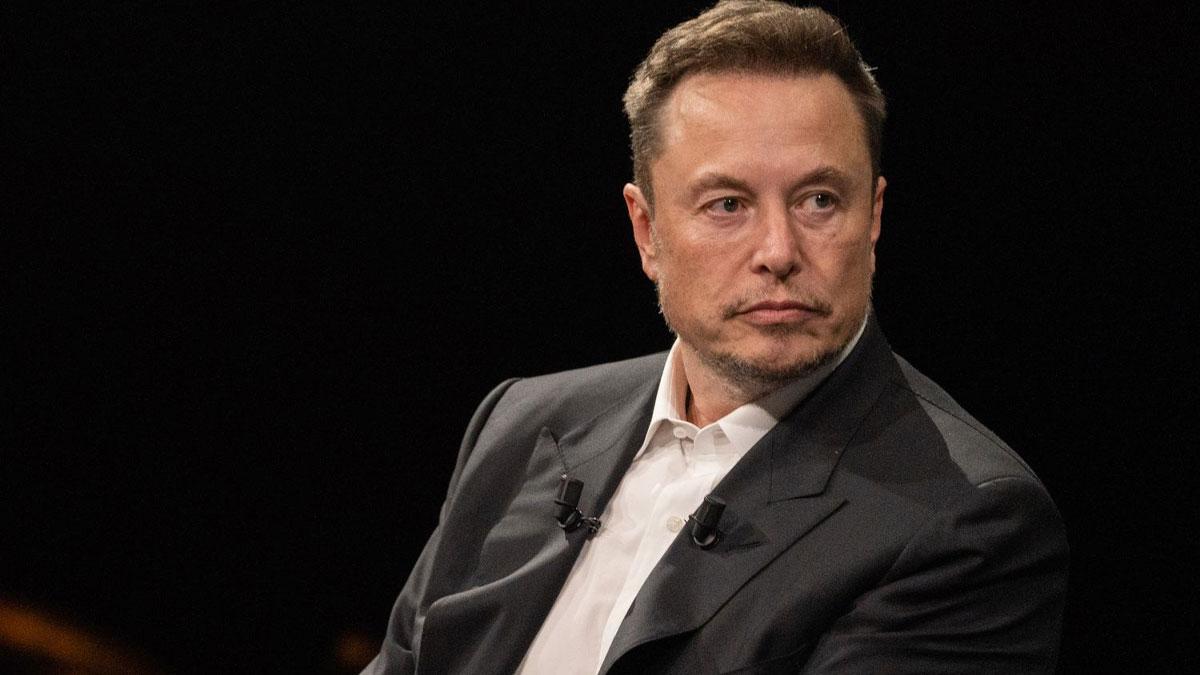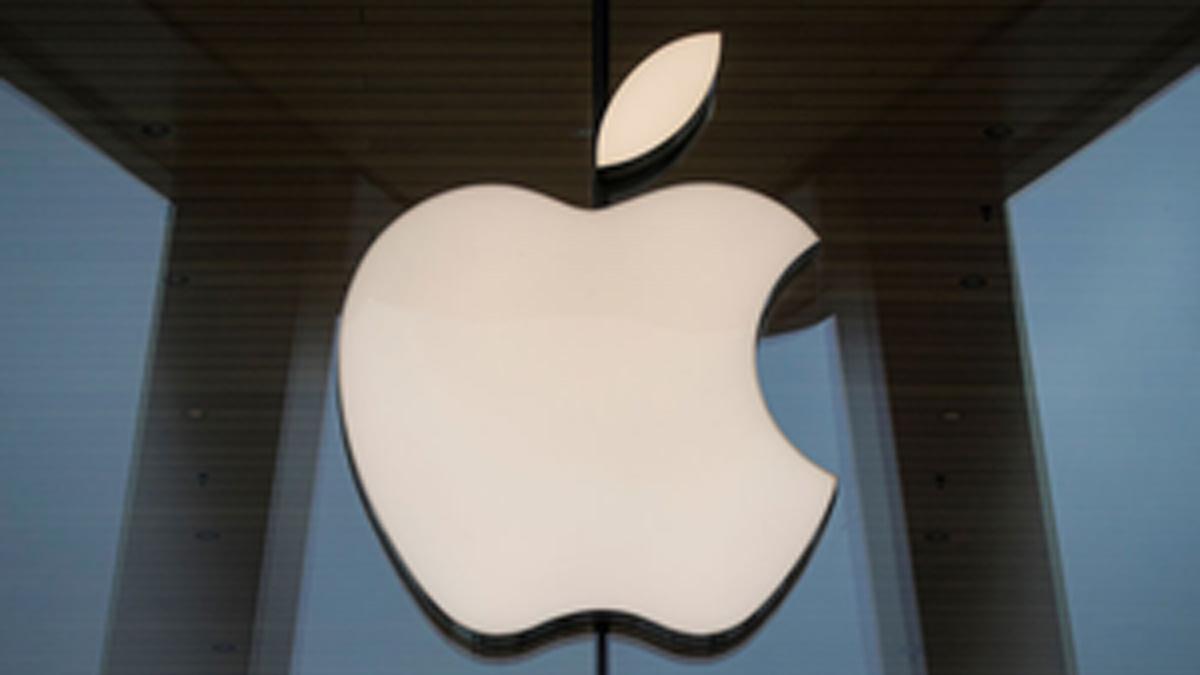Tech billionaire Elon Musk made the announcement on Thursday that he will resign from his position in the Donald Trump administration by the end of May, after his work in cutting the U.S. deficit by an astonishing $1 trillion. Musk, who accepted the job as a "special government employee" for a short 130-day period, has been leading government cost-cutting efforts as the head of the Department of Government Efficiency (DOGE).
Speaking to Fox News in an interview, Musk described his time as revolutionary, referring to it as a historic shift in federal expenditures.
"This is a revolution. And I think it may be the biggest revolution in government since the original revolution," he said. "At the end of the day, America's going to be in much better shape. It's going to be a fantastic future."
At age 53, Musk has both been lauded and disparaged for taking his ax-to-government-spending campaign in unconventional ways. On DOGE's watch, where the department was run by entrepreneurs and engineers rather than career officials, tens of thousands of government workers were eliminated and financing taken out of key programs was markedly curtailed.
When asked if his term could be extended, Musk was sure that his goals would be mostly met within the given period.
"I think we will have done most of the work needed to cut the deficit by $1 trillion within that time frame," he said.
As of March 27, DOGE, according to its website, has saved American taxpayers $130 billion—about $807 per taxpayer. Musk and his seven-member staff, including Steve Davis, Joe Gebbia, Aram Moghaddassi, Brad Smith, Anthony Armstrong, Tom Krause, and Tyler Hassen, have concentrated on reducing wastage, fraud, and abuse of government funds.
"Our target is to cut spending by slashing inefficiencies and fraud and aiming for a 15 percent cut, which is a very reasonable target," Musk said in an interview with *Special Report* executive editor Bret Baier.
"The government is not efficient, and there's an incredible amount of waste and fraud. So we have confidence that a 15 percent cut can be accomplished without impacting any of the essential government services."
One of the biggest concerns for DOGE has been the federal government's credit card system. DOGE representative Steve Davis noted that there are around 4.6 million federal government credit cards, even though the workforce consists of only 2.3 to 2.4 million workers.
"This doesn't add up," Davis said. "So one of the things that all of the teams have done is we've worked for the agencies and said, 'Do you need all of these credit cards? Are they being used? Can you tell us physically where they are?'"
Musk expressed similar concerns, referring to the numbers as illogical.
"Obviously there shouldn't be more credit cards than there are humans," he said.
Even as the administration attributes its enhanced efficiency, skeptics counter that DOGE exercises too much power and too little control. Critics contend that Musk's staff has cancelled federal contracts and cut budgets brutally without gaining approval from Congress.
Musk brushed aside these accusations, saying that all decisions are well considered.
"They might describe it as shooting from the hip, but it is anything but that," he said. "We cut once, if not twice, and measure once."
Admitting the risk of mistakes, Musk added,
“Which is not to say that we don’t make mistakes. If we were to approach this with the standard of making no mistakes at all, that would be like saying someone in baseball has got to bat a thousand. That’s impossible. So when we do make mistakes, we correct them quickly and we move on.”
Read also| Elon Musk Sells Social Media Platform X to xAI for $33 Million
Read also| Samsung Unveils AI-Powered Galaxy Book5 Series in India


















